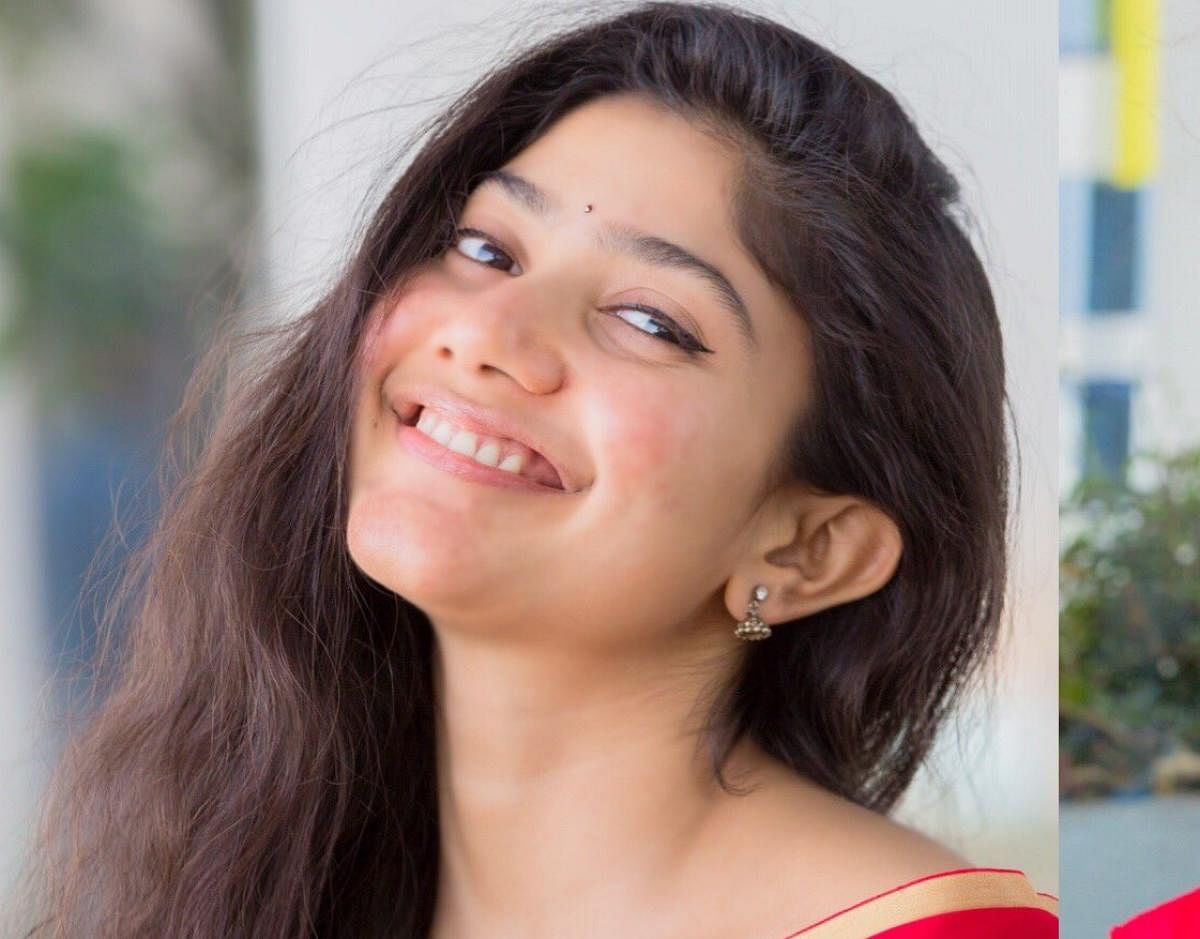
Sekhar Kammula’s much-awaited Telugu film 'Love Story', starring Sai Pallavi and Naga Chaithanya, hit the screens last week.
The romantic drama marks her second collaboration with the director after 'Fidaa' (2017), her Telugu debut that won her several awards.
'Love Story' has received rave reviews for its realistic, optimistic portrayal of inter-caste and inter-religious love, its lilting music, and a career-defining performance by its male lead. But the cynosure of all eyes is Sai Pallavi.
Sai Pallavi rose to fame with her breakout performance as Malar in the Malayalam superhit 'Premam' (2015). Since then, she has acted in 10 films across three industries (Malayalam, Tamil and Telugu), transcending language barriers and winning a huge following. So what explains the Sai Pallavi phenomenon?
Most female actors in the Telugu film industry are non-native and non-Telugu-speaking. For years, heroines such as Samantha Ruth Prabhu, Anushka Shetty, Kajal Aggarwal, Rakul Preet Singh, Tamannah, Pooja Hegde and Rashmika Mandanna have all been imported from other industries.
They have gained recognition as stars rather than performers. Relegated to playing either glamourous, shrewd women or damsels-in-distress waiting to be rescued by the hero, they rarely get interesting character arcs. The actors also operate under rigid beauty ideals that promote fair, flawless skin, and a certain face and body type.
In stark contrast, Sai Pallavi faces the camera with little or no make-up. She sports a pimpled, flawed and real face. She is a talented dancer who can match, and even outdo, her male co-stars. Her dance numbers like Rowdy Baby, Vachinde and Saranga dariya are among the most-watched south Indian YouTube videos.
What is even more captivating is that she is dancing for herself, and not for the hero, the camera or the audience. Her movements are free and unbridled, and that makes for a magical watch.
Sai Pallavi is also good at her main job: acting. She emotes with such effortless ease and sincerity that she even makes her male lead invisible. Most of her characters are a combination of the ‘quirky, individualistic woman’ and ‘girl next door’. They have things to do, places to go to. She does not need saving. And when Sai Pallavi brings to these roles her distinctive personality, they become even more believable and intimate.
The actor’s remarkable dubbing skills also deserve a mention. When not many top actresses do it in their own tongue, or aren't given an opportunity to, a Tamil-speaker like Sai Pallavi learning and dubbing in unfamiliar Telangana dialects has brought her wider audience acceptance and lent greater conviction to her performances.
Notably, she fits perfectly into the newly imagined Sekhar Kammula cinematic universe: one that is rooted in rural Telangana and speaks of feisty, enterprising and assertive women. As Bhanumathi from Banswada (Fidaa), she remains uncompromising in her desire to pursue farming in her village. She refuses to marry and relocate to the US and put a man before her ambition.
As Mounika from Armoor ('Love Story'), she longs to build a life for herself in the city and love without fear, away from an oppressive, abusive, casteist family. Such roles are seldom seen in Telugu films.
One could argue that, in Sai Pallavi, directors have found an opportunity to deviate from women characters so far seen in Tollywood. Therefore, it is merely another kind of exoticisation of the female lead, someone rural in her roots but global in her aspirations. But then, it is a novelty the audiences are willing to embrace.
So why aren’t filmmakers writing more such female leads? Can we expect to see Sai Pallavi playing strong characters opposite superstars like Mahesh Babu, Ram Charan, Prabhas or Allu Arjun in big-budget productions? That seems wishful thinking, at best. And the blame rests squarely on the staunchly male-centric culture of the Telugu film industry.
There are exceptions, of course. Actors like Samantha ('U-turn', 'Majili', 'Oh! Baby') and Anushka Shetty ('Arundhati', 'Bhaagamathie', 'Nishabdham') have turned the trend around by becoming bankable superstars who headline big productions and rake it in at the box-office. But these breakthroughs have come after years of playing stock characters.
So far, Sai Pallavi has chosen films where she isn’t playing second fiddle, turning down big roles that are not performance-oriented. One wonders if such steady, careful choices will put her in the same league as Tollywood’s other female superstars or give rise to her own brand of cinema that is bankable but not essentially in the big league.
(The author is a freelancer based in Bengaluru).